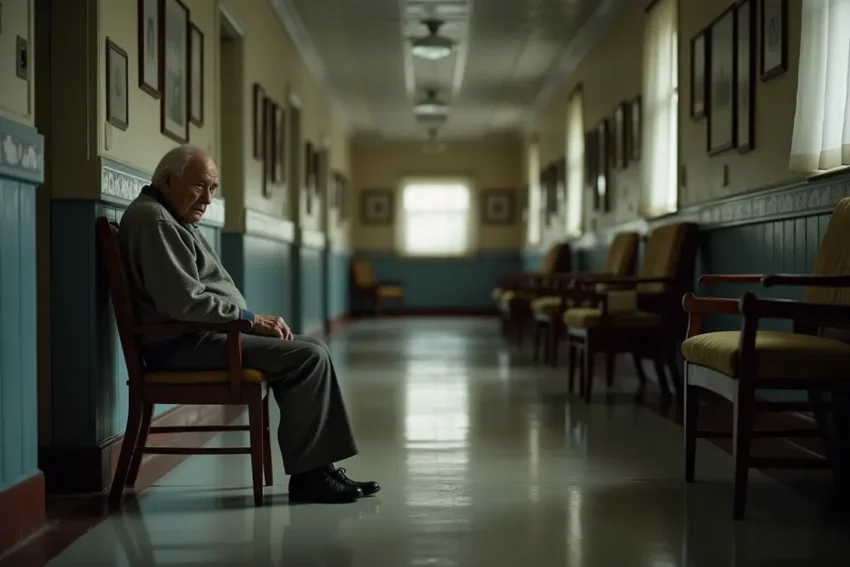Elderly residents in long-term care facilities are vulnerable to neglect that can cause lasting harm, yet many of these incidents are never reported.
Families trust nursing homes to provide safety and proper medical attention, but lapses in care frequently go unnoticed or unaddressed. A Shreveport injury lawyer helps bring hidden cases to light by investigating complaints and holding negligent facilities responsible.
The Scope of Neglect
Reports from families and state agencies show that neglect in nursing homes is more widespread than many realize. Problems include missed medications, poor hygiene, untreated infections, and inadequate nutrition.
These failures are not just inconveniences but can quickly escalate into life-threatening situations. Although Louisiana law sets clear standards for elder care, inspections and enforcement do not always catch violations, allowing substandard practices to continue.
Barriers to Reporting
Several factors explain why neglect so often goes unreported. Residents who depend on staff for daily needs may stay silent out of fear that speaking up will lead to worse treatment. Many live with dementia or other conditions that make it difficult to describe mistreatment clearly.
Families may only visit occasionally and fail to recognize early warning signs, such as sudden weight loss, unexplained bruises, or a decline in mood. This silence enables neglect to persist until it becomes severe enough to cause medical crises.
Obstacles in Holding Facilities Accountable
Legal action against nursing homes is rarely straightforward. Building a strong case requires detailed records of treatment, yet documentation is frequently incomplete or inconsistent. Facilities may argue that a resident’s decline was the result of natural aging rather than inadequate care. Staff members, worried about retaliation, may hesitate to provide testimony. These obstacles make it difficult to establish responsibility, and many families feel overwhelmed by the process.
A Shreveport injury lawyer can help overcome these barriers by reviewing medical records, consulting with healthcare experts, and ensuring that evidence of neglect is properly documented before it disappears.
Why Cases Go Unreported
Retaliation Concerns
Residents sometimes believe that if they complain, staff will respond by ignoring call buttons, withholding medication, or treating them with hostility. Families may share these fears, worrying that raising concerns could cause their loved one’s care to suffer further.
Lack of Awareness
Many people are unaware of what constitutes neglect under state and federal law. Issues like recurring bedsores, untreated dental problems, or poor nutrition are too often dismissed as an inevitable part of aging when they are, in fact, signs of inadequate care.
Communication Barriers
Residents with memory loss, speech difficulties, or hearing impairments may be unable to explain what is happening. In some facilities, language differences between residents and staff add another obstacle, leaving potential abuse or neglect unrecognized.
Isolation
Geography also plays a role. Northern Louisiana has many rural communities, and families living far from facilities may struggle to visit often. Limited oversight from the outside means neglect can remain hidden for long periods.
Moving Toward Accountability
Improving conditions requires more than occasional inspections. Stronger enforcement of existing regulations, improved staff training, and closer family involvement are all necessary to protect residents.
Advocacy groups, community oversight, and regular communication between families and nursing homes make it harder for neglect to remain hidden. When signs of mistreatment do arise, legal guidance can help ensure that facilities are held accountable for meeting the standards of care they are required to provide.
Final Thoughts
Nursing home neglect in Northern Louisiana is frequently hidden from view, leaving many residents without the protection they deserve. Fear, lack of awareness, communication challenges, and isolation combine to keep families from taking action until harm is severe.
Greater vigilance from families, stronger oversight from regulators, and legal support when needed are all essential for protecting the dignity and well-being of older adults.

